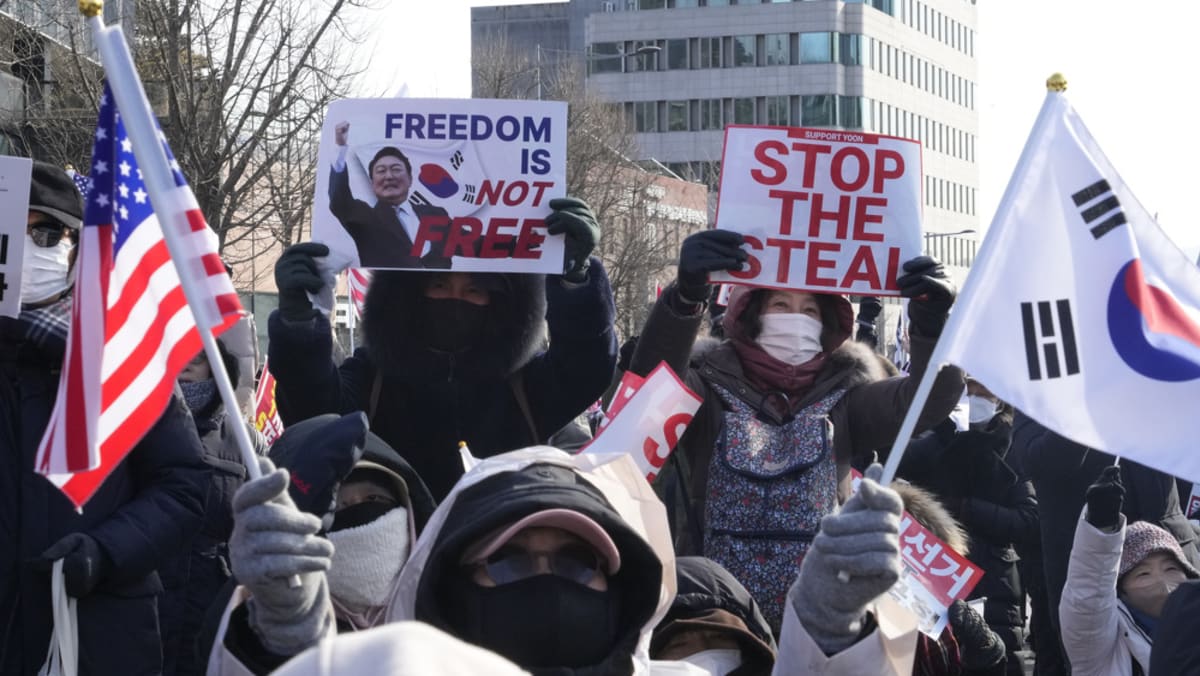MORE PRESSING PROBLEMS
The longer this fiasco drags on, the more difficult it will be for the current government to address the nation’s most pressing problems. At home, it must deal with a weak economy and struggling currency, which fell 10 per cent last quarter versus the US dollar.
And in a reminder of the threat North Korea poses, this week Kim Jong Un’s regime fired the first missile of the year towards the Sea of Japan. Pyongyang’s closer collaboration with Moscow means that the North could have access to new technology to help it further its nuclear weapons programme.
The threat is now so acute that many increasingly support nuclearisation, Robert E Kelly of Pusan National University and Min-Hyung Kim of Kyung Hee University note in Foreign Affairs. According to a 2022 poll, 71 per cent of South Koreans favour such a move.
These sorts of conversations should be the focus of Korean political life, rather than the domestic crisis playing out today on the streets.
Seoul also has to navigate its ties with Washington. The missile test took place while US Secretary of State Antony Blinken was in the capital, talking up the alliance.
But this relationship is only as good as the individuals maintaining it. Yoon shared a good rapport with Biden, and together with former Japanese prime minister Fumio Kishida they helped to create a partnership to act as a bulwark against China’s rising influence.
There is no guarantee that president-elect Trump will follow his predecessor’s lead.
In a speech on Tuesday (Jan 7), Trump spoke of ambitions to use “economic force” to compel Canada to become the 51st state in the US and suggested calling the Gulf of Mexico the “Gulf of America”. There was no mention of his plans for Asia, but Trump is likely to usher in an unpredictable era that could include getting partners like Seoul to pay for their own defence.
None of this is encouraging for South Korea’s new leader, whoever that eventually is.
Against the backdrop of a complicated geopolitical environment, citizens must put their country first and change their political culture, as Gi-Wook Shin, director of the Walter H Shorenstein Asia-Pacific Research Center at Stanford University notes about South Korean politics, where several presidents have ended up in disgrace or jailed.
“Demonising opponents, divisive identity politics, and insular political fandoms and populism have no place in a healthy democracy,” he writes.
